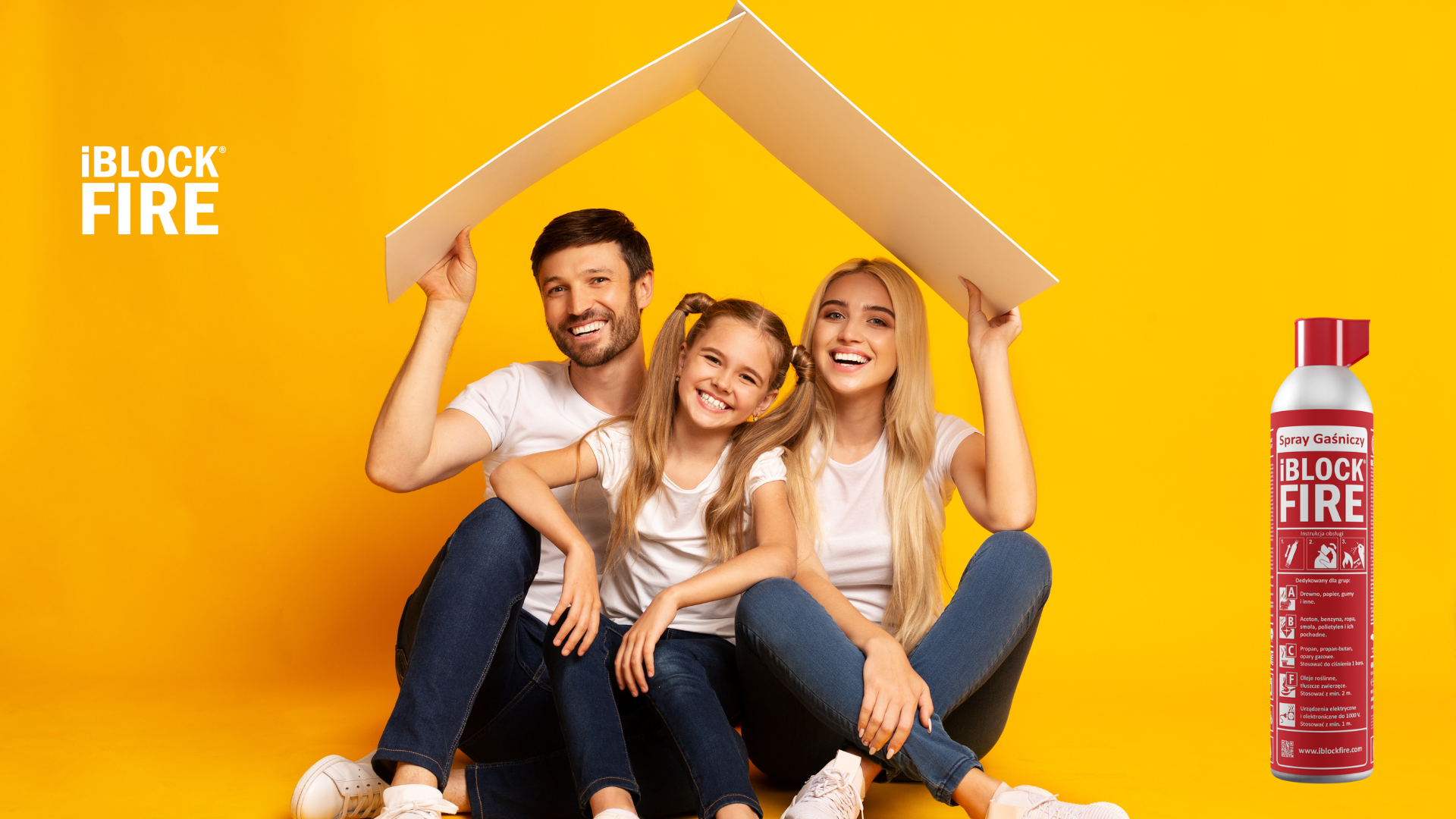
Which fire extinguisher is best for home?
Taking appropriate steps to prepare your home and family in the event of a fire will give you extra time when you need to deal with an emergency. Part of this preparation involves investing in home fire extinguishers that can be used in an emergency. First Alert wants to make it easier for you to choose the right home fire extinguisher that will help protect your family.
Fire groups that a fire extinguisher may contain
When it comes to home fire extinguishers, there are many types to choose from, and each one is ideal for different fires. Here is a list of individual groups:
Group A - Fire extinguishers containing group A are intended to extinguish fires on common combustible materials such as firewood, plastic, fabrics and paper. These fire extinguishers will serve you best if you keep them near your fireplace.
Group B - Fire extinguishers containing group B should be used when the fire source is a flammable liquid such as gasoline, oil, tar, polyethylene and their derivatives. Such flames can quickly extinguish once the fuel source is removed, but they can also spread quickly. This type of fire extinguisher should be stored in places such as a garage, workshop or shed.
Group C – Fire extinguishers containing group C are used when burning gases, e.g. methane, acetylene, propane. It takes place in the layer where the gas stream comes into contact with air. A mixture of flammable gas with air or, in an appropriate proportion, with other gases, is easily ignited by the slightest source of heat, even a spark or cigarette embers. An explosion of a gas-air mixture can cause serious damage to the building and even its surroundings.
Group D - Fire extinguishers containing group D are ideal for flammable metals such as magnesium, titanium, zirconium, sodium, lithium and potassium (NFPA). Depending on their chemical composition, when burning, they consume oxygen from the air or - as mixtures containing oxidants - they burn without access to air.
Group F – Class F fire extinguishers are a solution for fires occurring in catering facilities and at home. Vegetable or animal oils may spontaneously ignite at high temperatures and cause huge losses. Extinguishing such a fire is very difficult, but possible with a little knowledge or specialized equipment.
Electronic/electrical devices up to 1000V - Fire extinguishers with the effectiveness of this category will allow you to extinguish fires related to home and office equipment. All types of power strips and contacts after connecting electrical equipment are exposed to short circuits, which may cause a fire. It is recommended to exercise particular caution, preferably from a distance of min. 1.5 m before we start extinguishing the fire.
Which one should you choose?

Figuring out which home fire extinguisher is best and where best to store it can be difficult. When looking for a fire extinguisher for your home, it is worth considering purchasing a gel-foam fire extinguisher, which, while maintaining fire groups, will not cause additional damage to the apartment/house like a powder fire extinguisher. When it comes to how many home fire extinguishers you should have, try to have at least one per floor so you have one on hand in case of an emergency. Fire extinguishers should also be kept in the kitchen and garage. It is also important that you know when a fire cannot be contained. Fire extinguishers are only one part of a fire response plan, but an essential element is a safe escape.
